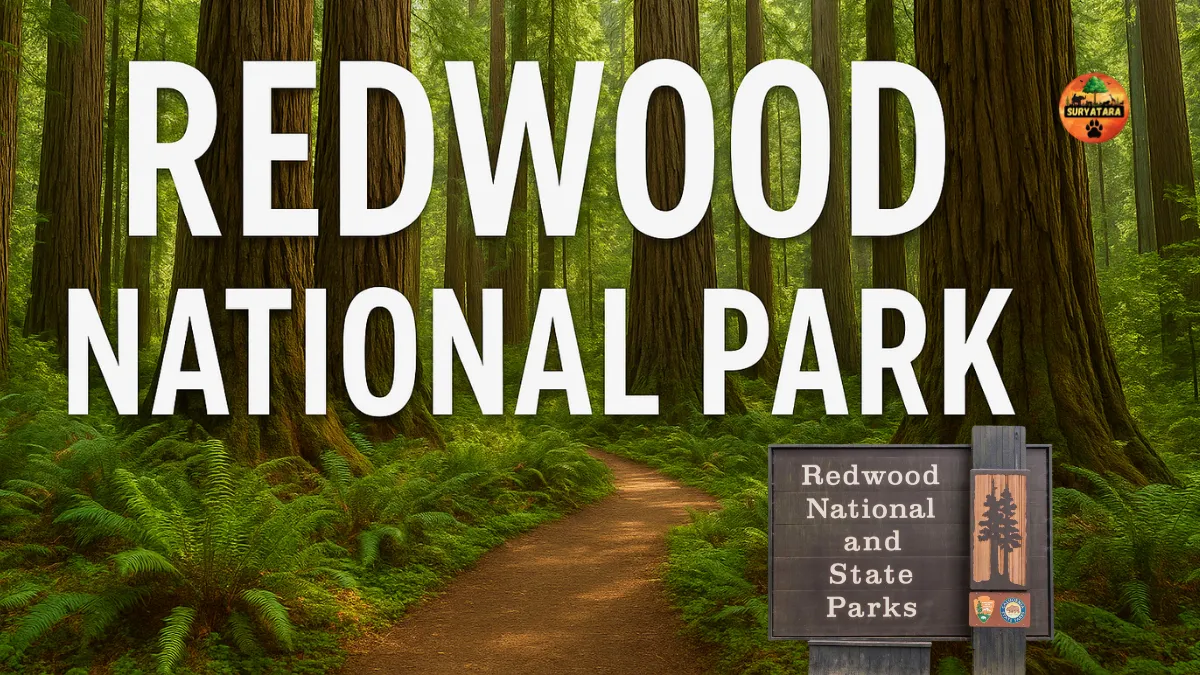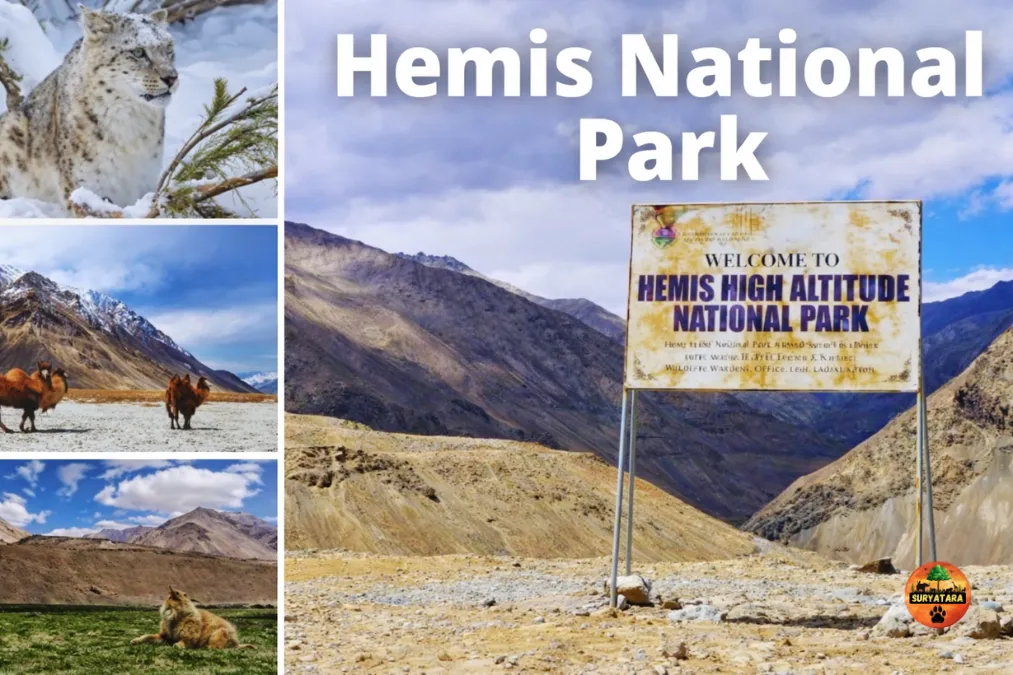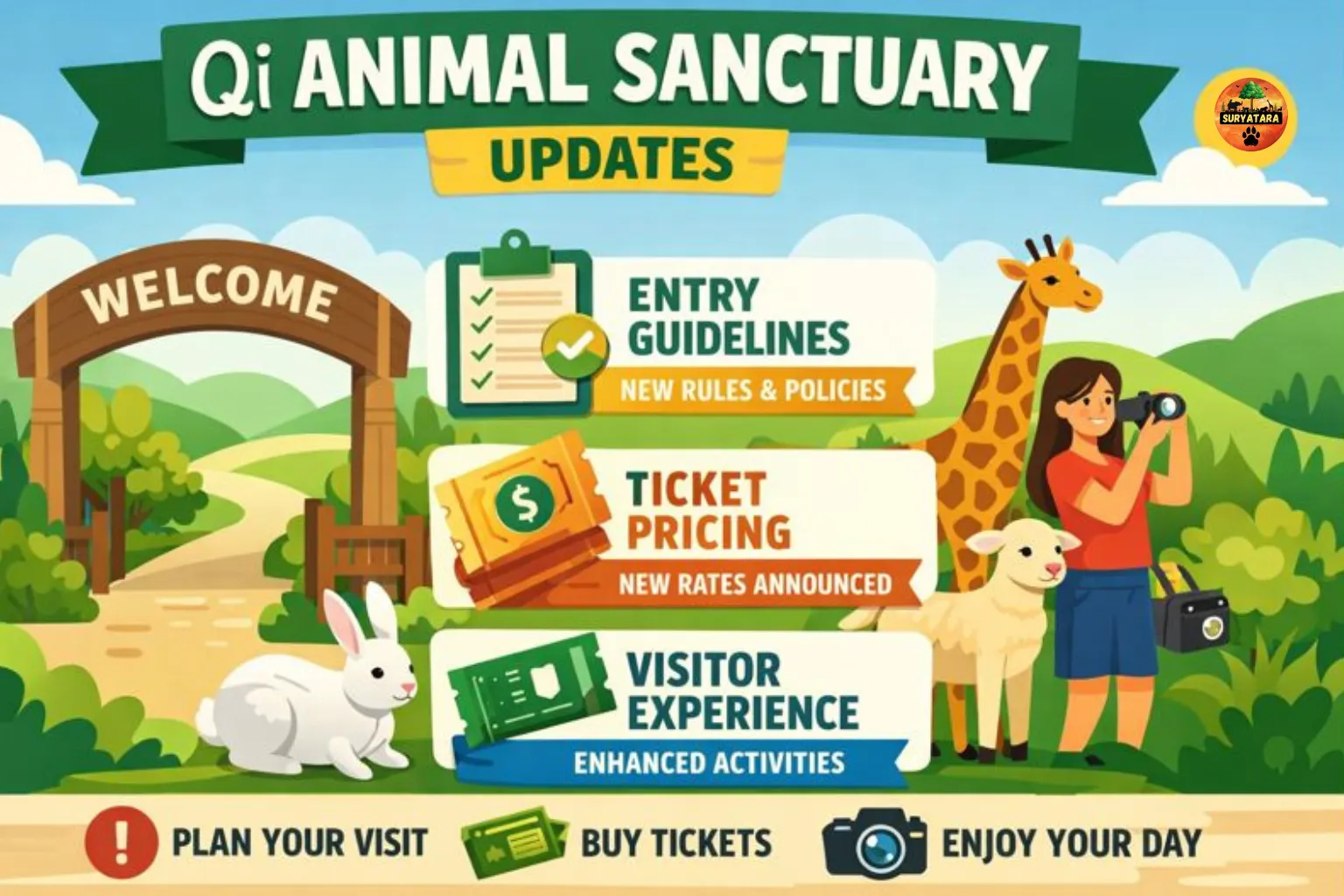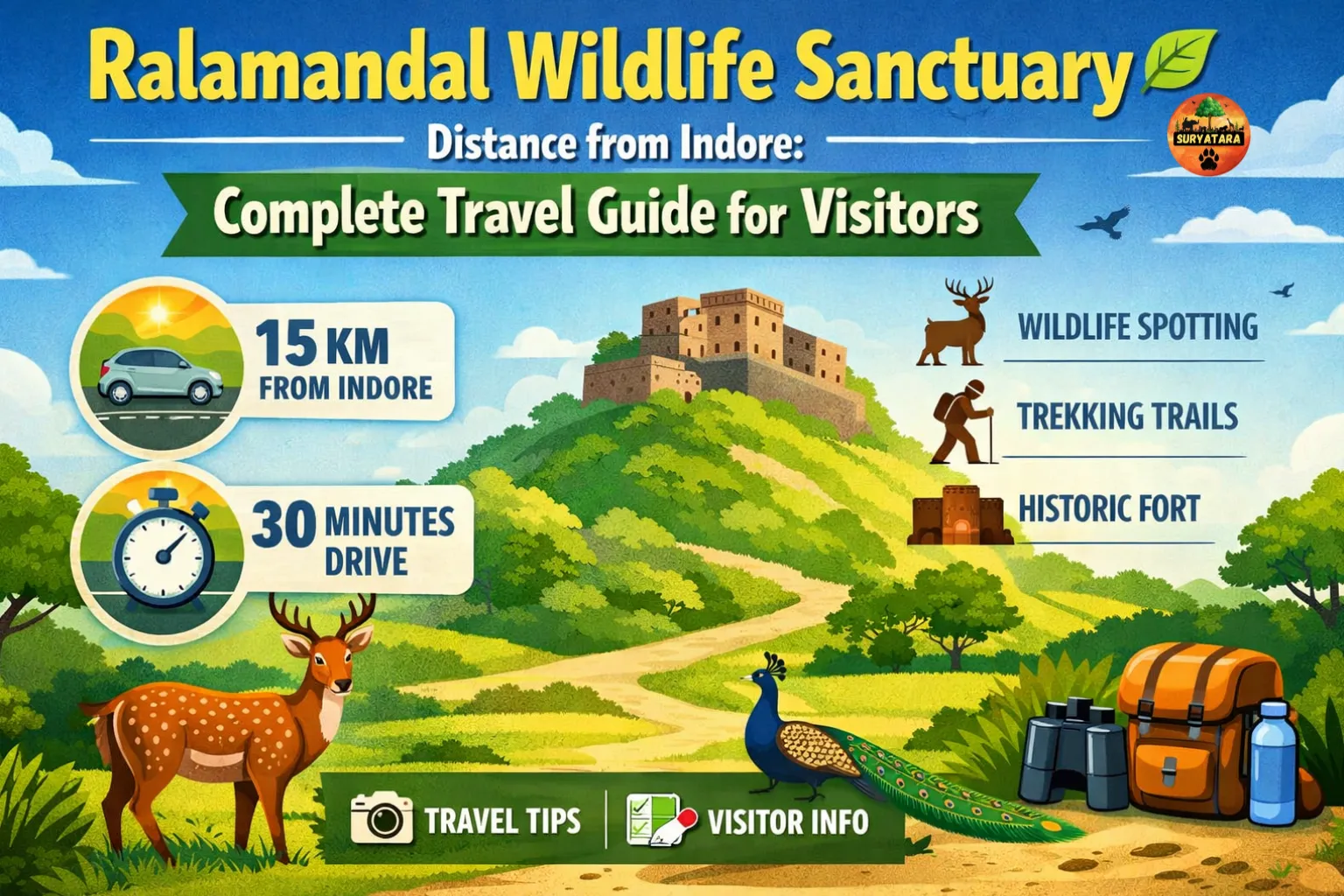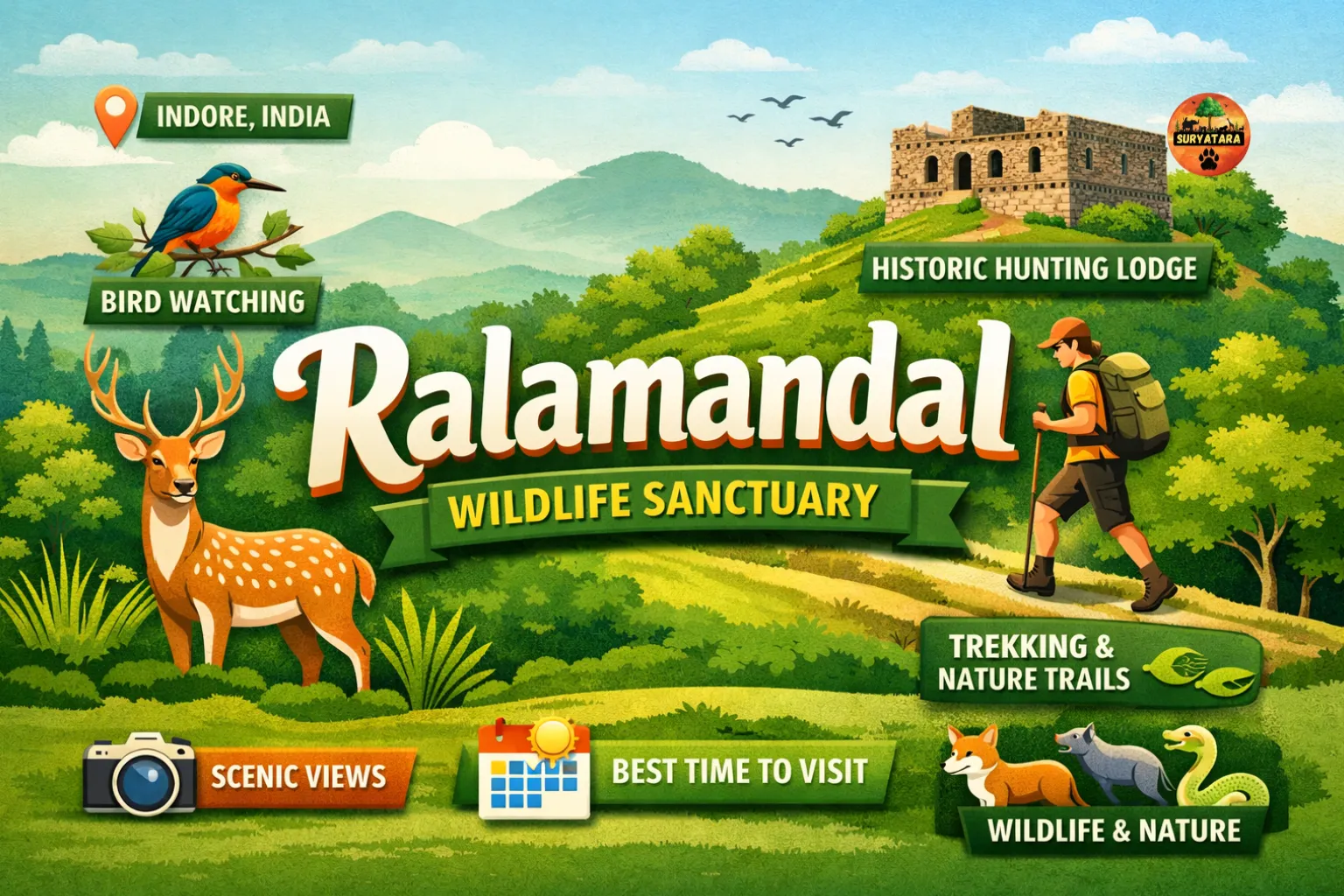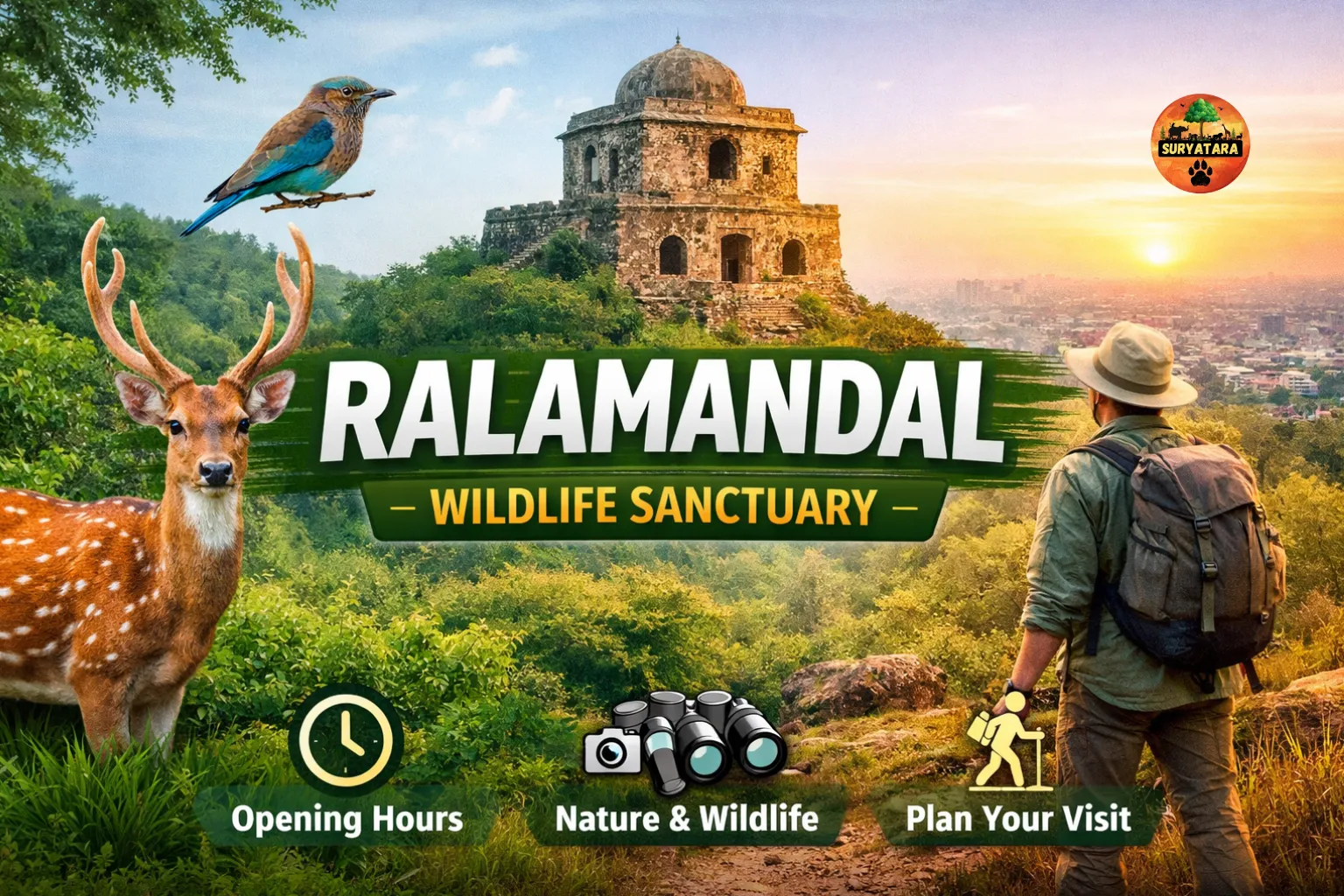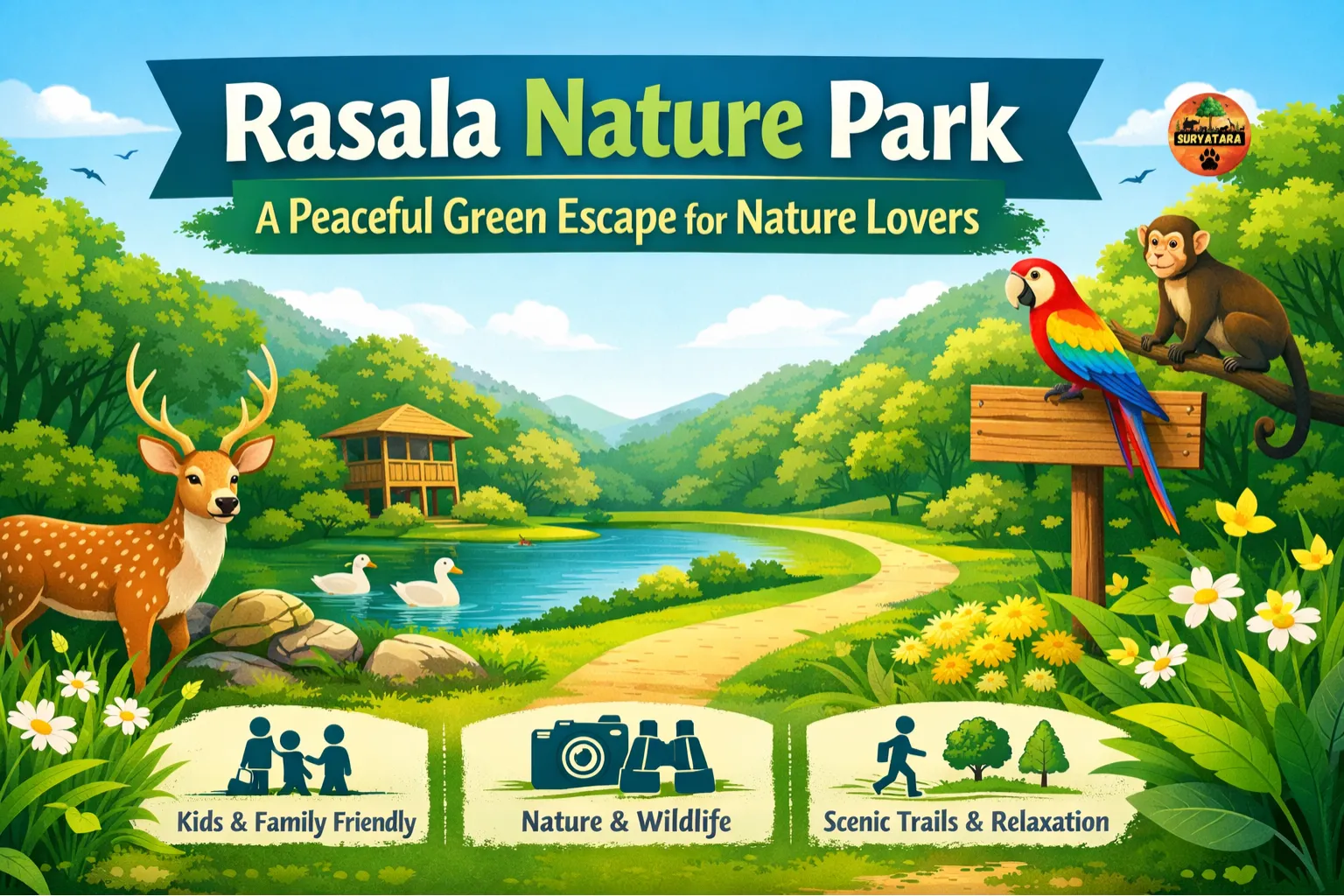Redwood National Park stands as one of the most awe-inspiring natural destinations in the world. Located in Northern California, this park is home to the tallest trees on Earth—towering coast redwoods that can reach over 350 feet in height. But beyond these majestic giants, Redwood National Park offers a rich mix of forests, rivers, prairies, and dramatic coastal cliffs, making it a haven for nature lovers, hikers, and photographers alike.
About Redwood National Park
Established in 1968, Redwood National Park was created to protect the last remaining old-growth redwood forests that once covered much of the Pacific Northwest. The park, together with three California state parks—Del Norte Coast, Jedediah Smith, and Prairie Creek Redwoods—forms a UNESCO World Heritage Site and International Biosphere Reserve. Covering over 138,000 acres, it preserves nearly half of the world’s remaining coastal redwoods.
Redwoods are not just tall trees; they’re living witnesses to history, with some being over 2,000 years old. Walking through this park feels like stepping into another world—where mist drifts through massive trunks and the air is rich with the scent of pine and earth.
Key Details About Redwood National Park
| Category | Details |
|---|---|
| Location | Northern California, USA |
| Established | October 2, 1968 |
| Area | 138,999 acres (with adjoining state parks) |
| Famous For | Tallest trees on Earth – Coast Redwoods |
| UNESCO Status | World Heritage Site and Biosphere Reserve |
| Best Time to Visit | May to September |
| Main Attractions | Tall Trees Grove, Fern Canyon, Lady Bird Johnson Grove, Prairie Creek |
| Nearest Cities | Crescent City, Eureka, Arcata |
| Activities | Hiking, camping, wildlife watching, scenic drives, photography |
Top Attractions in Redwood National Park
1. Tall Trees Grove
This iconic grove contains some of the tallest redwoods in the world. A special permit (free, but required) allows limited daily visitors to preserve its fragile environment. The hike to reach it is moderately challenging but deeply rewarding.
2. Fern Canyon
One of the park’s most magical spots, Fern Canyon is a lush green corridor with 50-foot walls covered entirely in ferns. The location was famously featured in Jurassic Park 2: The Lost World. It’s an easy hike that feels like walking through prehistoric times.
3. Lady Bird Johnson Grove
Named after the former First Lady, this grove is one of the most accessible and scenic trails in the park. The short loop offers an immersive experience among ancient trees with educational plaques describing the ecosystem.
4. Prairie Creek Redwoods State Park
Part of the park system, this area offers scenic drives like the Newton B. Drury Parkway and diverse hiking trails through redwood forests, open prairies, and along the rugged coastline.
Things to Do in Redwood National Park
- Hiking: There are over 200 miles of trails, ranging from short walks to multi-day treks. Popular routes include Trillium Falls Trail and James Irvine Trail.
- Wildlife Watching: Keep an eye out for Roosevelt elk, black bears, banana slugs, and countless bird species.
- Scenic Drives: The Newton B. Drury Scenic Parkway and Howland Hill Road offer breathtaking drives through dense redwood groves.
- Camping: Several campgrounds like Gold Bluffs Beach and Elk Prairie Campground provide rustic, peaceful stays under the stars.
- Photography: The park’s misty mornings and towering trees create ideal conditions for stunning landscape photography.
Also read: Explore Sequoia National Park: Home of the World’s Largest Trees
Best Time to Visit Redwood National Park
The best time to explore Redwood National Park is from May to September, when the weather is mild, and the trails are most accessible. During these months, the fog (locally known as “coastal marine layer”) enhances the forest’s mystical atmosphere. Winter months, from November to March, bring heavy rains, making some trails muddy, but they also offer solitude and lush greenery.
Travel Tips for Visiting Redwood National Park
- Start Early: Many trails are less crowded in the morning and provide the best lighting for photography.
- Dress in Layers: Even in summer, temperatures can drop suddenly due to coastal fog.
- Bring a Map: GPS and phone signals can be unreliable in the forest.
- Respect Nature: Stay on marked trails to protect the delicate roots and ecosystems.
- Book Campgrounds Early: Especially in summer, campsites fill up quickly.
Also read: Yellowstone National Park: A Complete Guide for Nature and Adventure Lovers
How to Reach Redwood National Park
- By Air: The nearest airports are Crescent City (CEC) and Arcata-Eureka Airport (ACV).
- By Car: Redwood National Park is easily accessible via U.S. Highway 101, which runs through the park and connects major California and Oregon cities.
- By Bus: Several regional bus services link Eureka, Crescent City, and nearby towns.
Why Redwood National Park Should Be on Your Bucket List
Few places on Earth can inspire as much awe and humility as Redwood National Park. It’s not just a destination—it’s a journey into the heart of nature’s oldest and tallest wonders. Whether you’re an avid hiker, a photographer, or simply someone seeking peace, the park offers an unforgettable escape. Standing beneath these ancient redwoods, you’ll truly understand why they are often called “The Guardians of Time.”
Also read: Jim Corbett National Park Ticket Price: Complete Guide for Your 2025 Visit
Conclusion
Redwood National Park is more than a collection of tall trees—it’s a living, breathing sanctuary that connects us to the natural world in its purest form. From mist-covered trails to wildlife-rich meadows, every corner of the park whispers stories of resilience and timeless beauty. A visit here is not just a trip—it’s an experience that stays with you forever.
